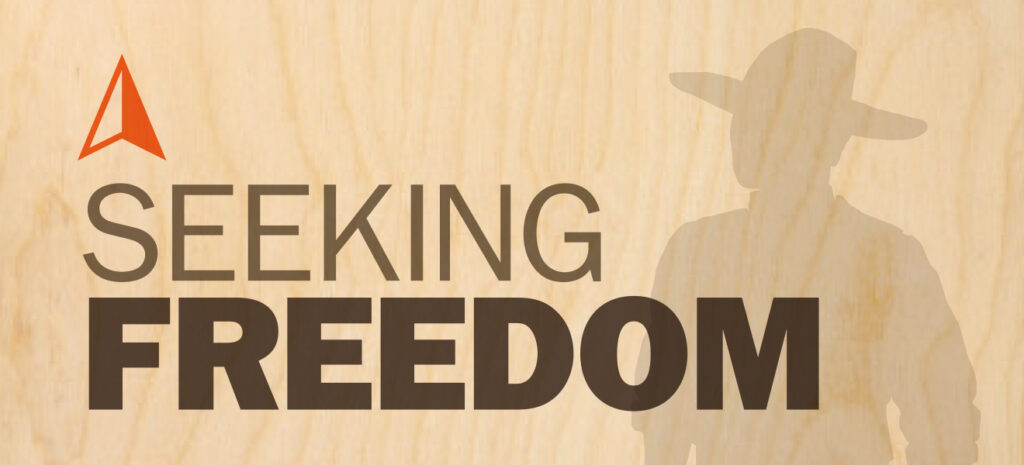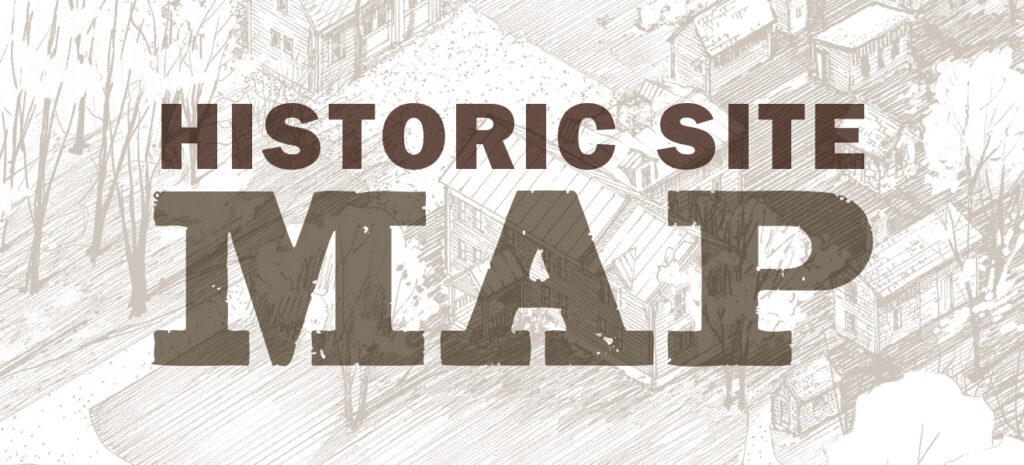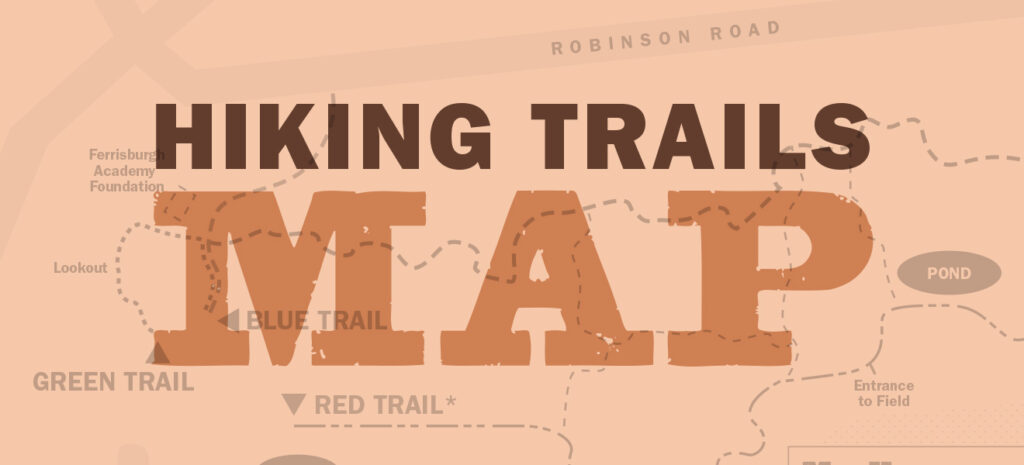Racial Learning for Young Children: Rokeby Museum Launches New Education Programming
by Tucker Foltz, Education Programs Manager, Rokeby Museum
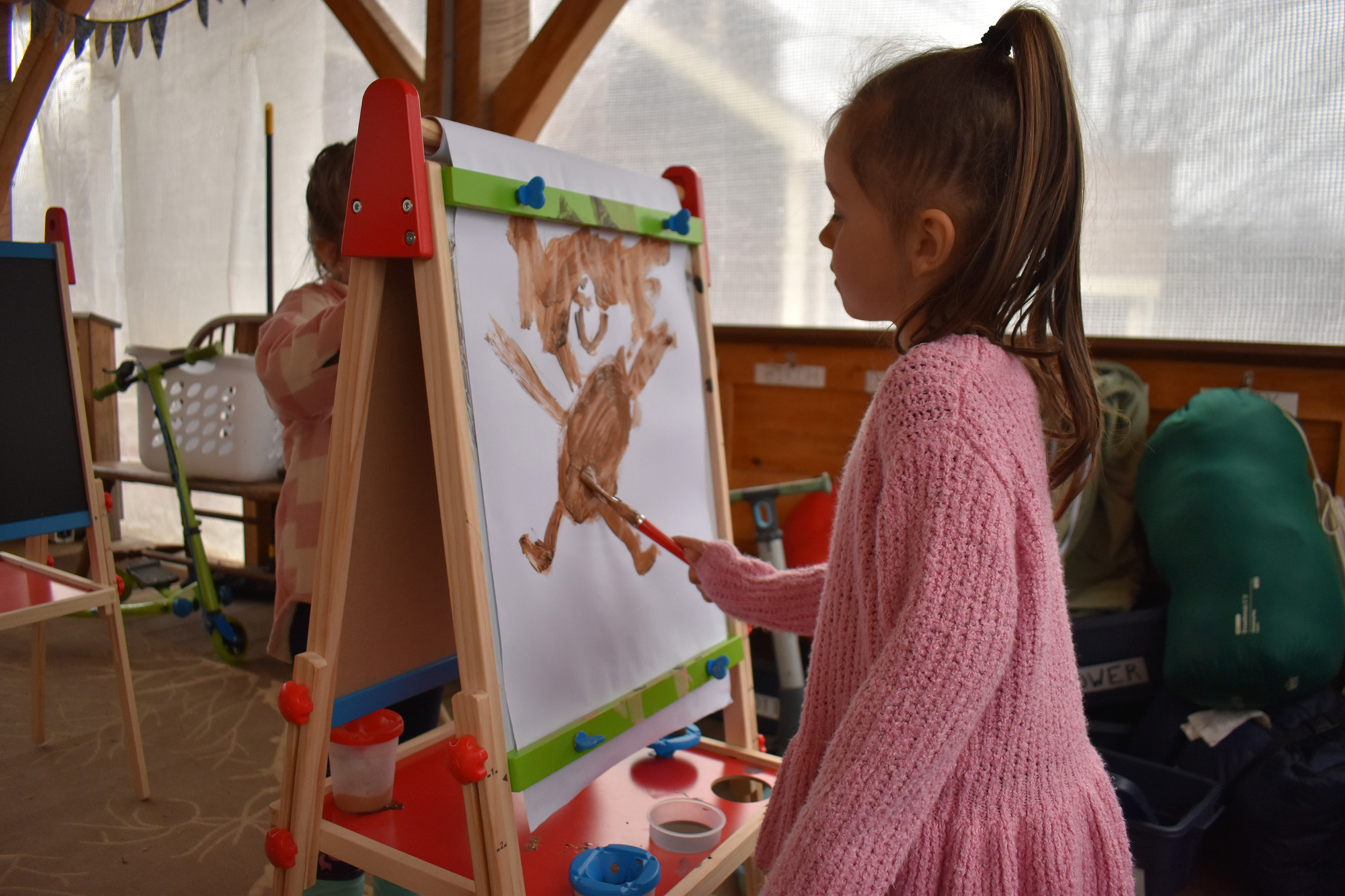
In 2022, Rokeby Museum launched a multidimensional, early childhood racial learning program to offer preschool learners a supportive environment to explore the diversity of the human experience. In its first year, the Museum worked with thirty-four students, aged three to five, at two local preschools: Bridge School Beginners, and the Lincoln Cooperative Preschool. During the school year, I visited each classroom sixteen times, completing learning themes focused on identity, diversity, justice, and action. While racial learning serves as the program core, the structure is adaptable, allowing for adjustments to reflect the individual children in the classroom, and center different anti-bias themes depending — be that language, economic class, body size, LGBTQ+ representation, culture, and so on.
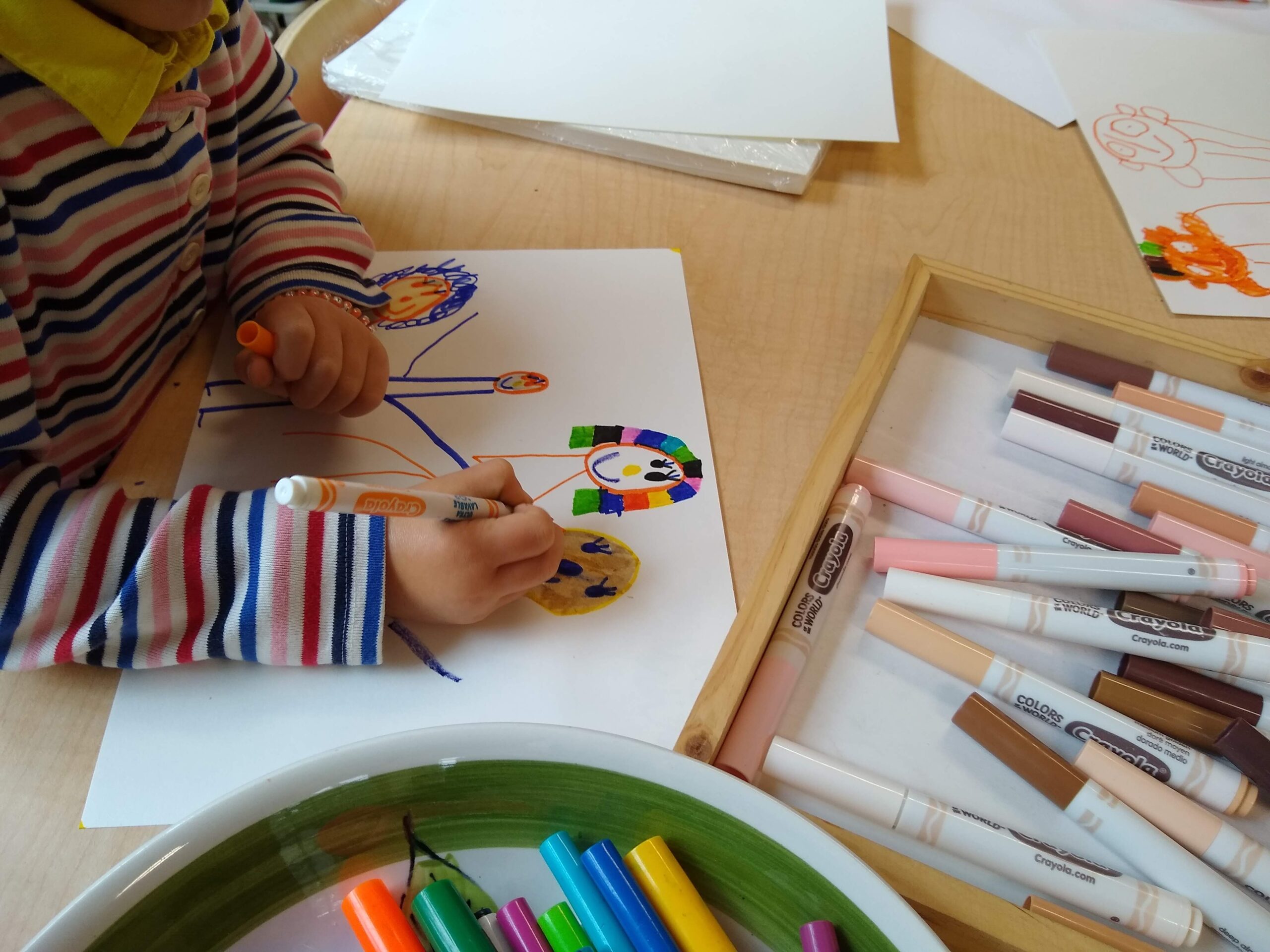
Racial learning is based on the science of childhood development and recognizes that young children can’t be understood outside the context of social power structures. Young children observe an unfair world, but if they are excluded from conversations about race, social class, or the wrongfulness of racism and other kinds of inequity, they internalize biased messages that they receive from adults and media, and by simply observing society. As children age into middle childhood (ages 6–12), research shows “overt prejudice often declines… [as] children learn to avoid making explicitly biased statements and choices, especially in the presence of adults… however, their implicit bias remains unchanged, and may even increase.” (Derman-Sparks, 2011) Racial learning is imperative, because without guidance and straightforward conversations with children in their youngest years, they can easily form pre-prejudice which leads to implicit or explicit bias. Likewise, they can develop identities that are steeped in self-doubt or an aggrandized self-image, depending on the child’s racialized identity.
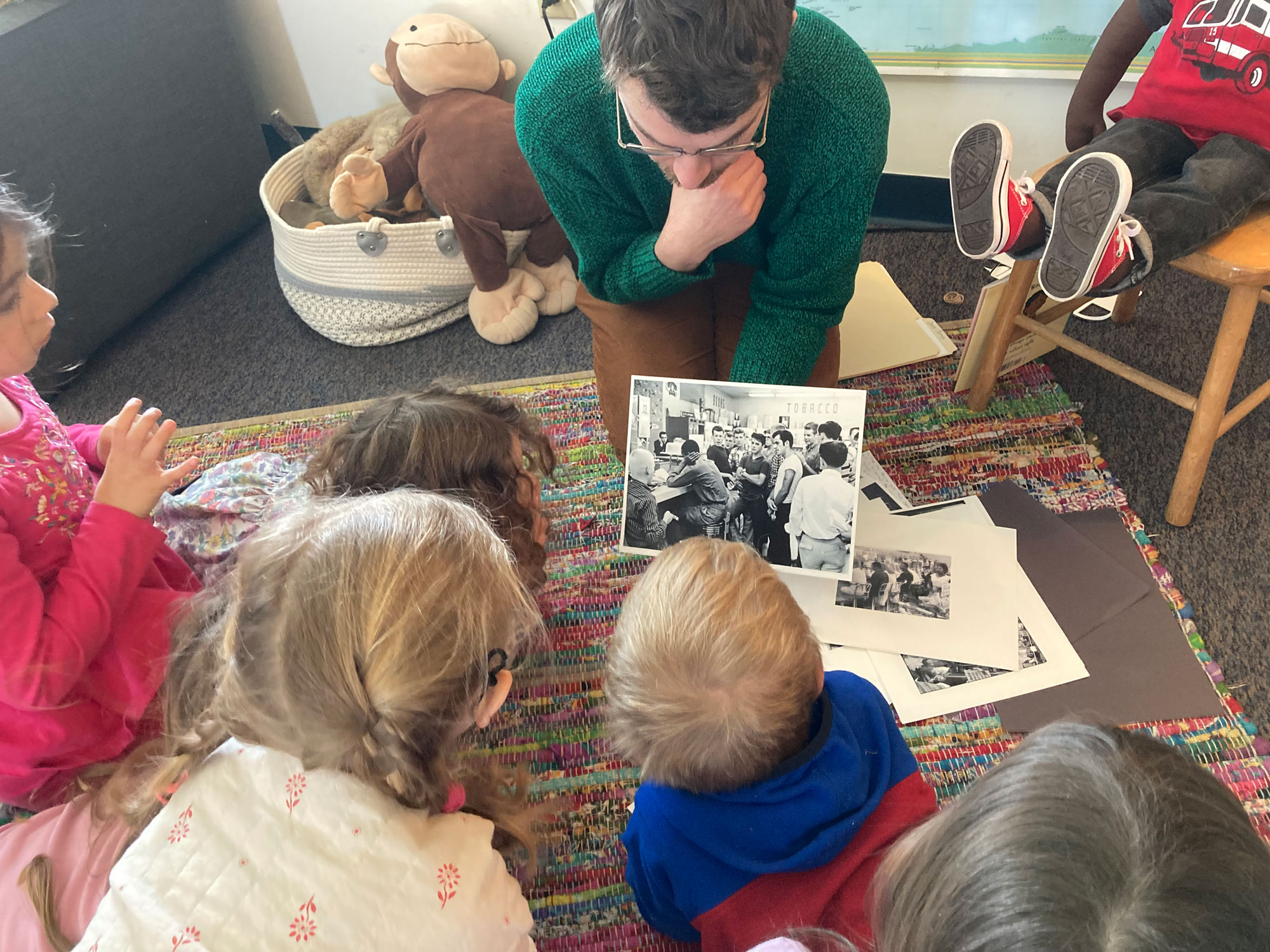
By the preschool years, White children already understand their Whiteness as having power. White children in the classrooms I worked were the quickest to vocalize their racial identity. One child insisted that they were a particular kind of White they called, “blond White.” This rush to in-group Whiteness partially stems from social norms that signal Whiteness as both distinguished and a standard against which all else is judged. Teaching children the science-based reasoning for our skin color (the sun, our parents/ancestors, and melanin) can counter this understanding of Whiteness by supplying them with concrete facts, which help them to reject a powerful sociohistorical notion that skin color has some inherent value. Young children are not blind to the existence of racial hierarchy. Ignoring this, or excluding them from the conversation interrupts a more equitable future. Preschoolers are at an optimal age to learn about the wrongfulness of stereotypes due to their fixation on fairness and unfairness. Teaching White children about racial inequity does not mean teaching them to feel guilty for the crimes of White people in the past. White children should learn that there is cultural and historic diversity within Whiteness. Diversifying Whiteness will help dismantle White dominance, which hides behind a false, “cultureless” narrative of singularity. Beyond race, children may experience prejudice stemming from different or overlapping identities, be that language, ability/disability, gender expression, religion, cultural heritage, and so on. It is the responsibility of the teacher to learn about their families and boost representation through classroom materials, conversation, visitors, and regular activities.
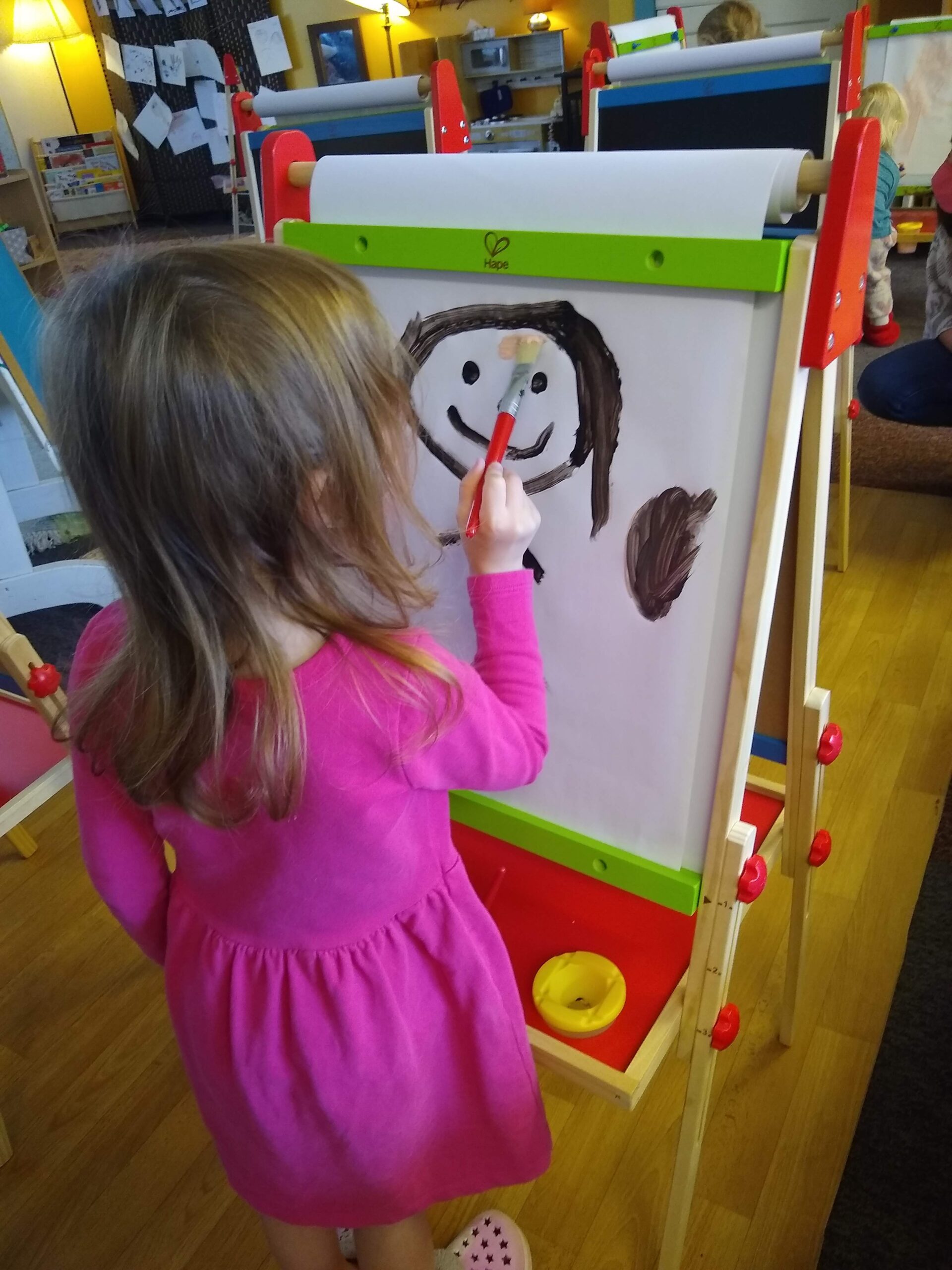
Some may think young children are too young to grasp concepts like bias and racism, but like most things, if translated into familiar language and concepts (“similarities and differences,” “fairness and unfairness,” “being brave,” “telling lies,” and “sharing,”) I found that children were not only following me, they were acutely responsive and able to concentrate for long periods, and that they applied their learning outside of the lessons. One mother excitedly told me that her 4-year-old had explained to her 7-year-old brother the entire Rosa Parks Montgomery Bus Boycott story, using tableware as props, including an explanation of how people can organize to change laws. Another mother shared an anecdote that while her daughter was playing house, she stood up to older children that insisted a family couldn’t have two moms. The child stood her ground, “Actually you’re wrong; I learned you can have two moms in school.” A third parent shared that she had seen a new light turn on in her child after going through the program. The child was so jazzed by the concept of social equity work that “it had become her entire personality.”
The Museum’s new, Pre-K program has translated the foundational themes of our existing K–12 programming which include history, freedom, laws, advocacy, and equity, for a younger audience. By working with learners as early as possible to introduce themes of race, justice, class, and minority representation, the Museum aims to set a foundational experience that celebrates difference, minimizes bias, and equips young children to navigate and recognize a deeply unfair world, and to practice taking action against that. In the upcoming year, Rokeby will be expanding our Pre-K work with a hands-on children’s exhibit, family programs at the Museum, and continuing our in-classroom offerings.
Tucker Foltz is the Education Programs Manager at Rokeby Museum.
Rokeby Museum’s ECE programming has been made possible through a two-year grant from the A.D. Henderson Foundation.
Resource Short-List for Educators
Derman-Sparks, Louise, Debbie Leekeenan and John Nimmo. Film — Reflecting on Anti-bias Education in Action: The Early Years.
Derman-Sparks, Louise and Julie Olsen Edwards with Catherine M. Goins. Anti-Bias Education for Young Children & Ourselves. Washington DC: National Association for the Education of Young Children, 2020.
Derman-Sparks, Louise and Patricia G. Ramsey. What If All The Kids Are White? New York: Teachers College Press, 2011.
EmbraceRace. “Reflections on Children’s Racial Learning 2023: Essays and Dispatches from the Field”.
Britt Hawthorne. “The Colors of Us Children’s Book and Racial Fetishization”.
 Rokeby Museum
Rokeby Museum

